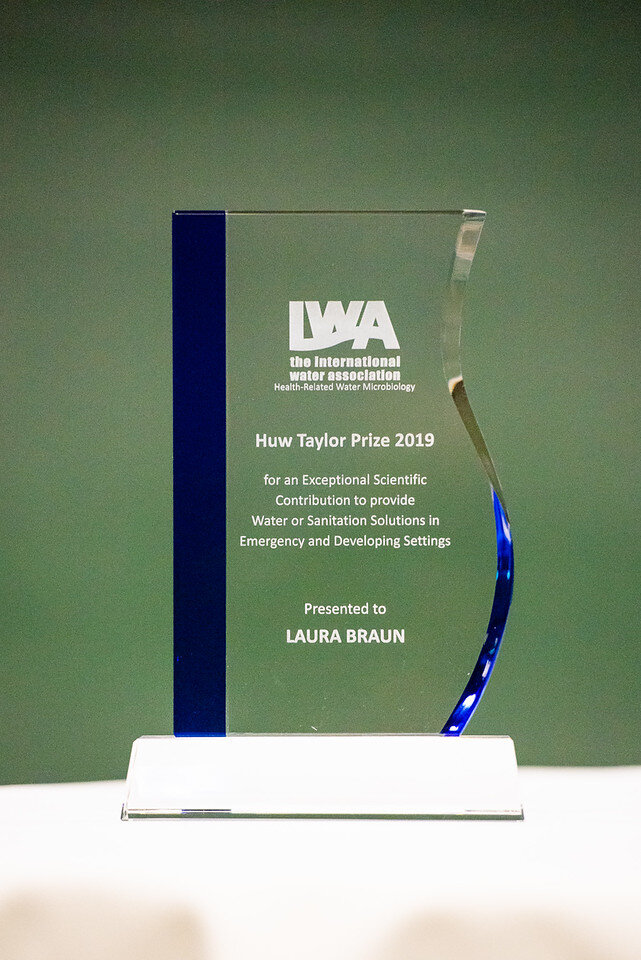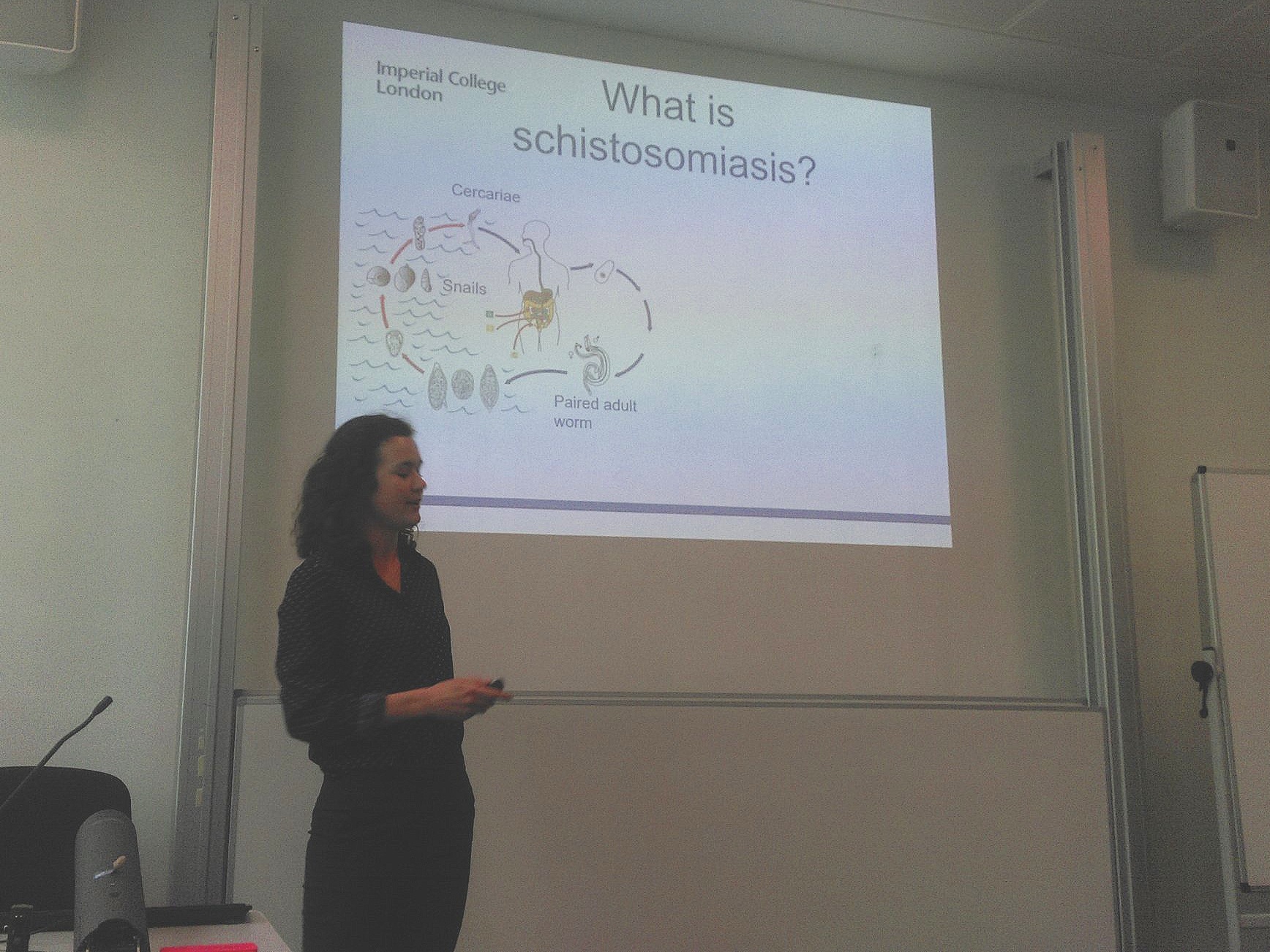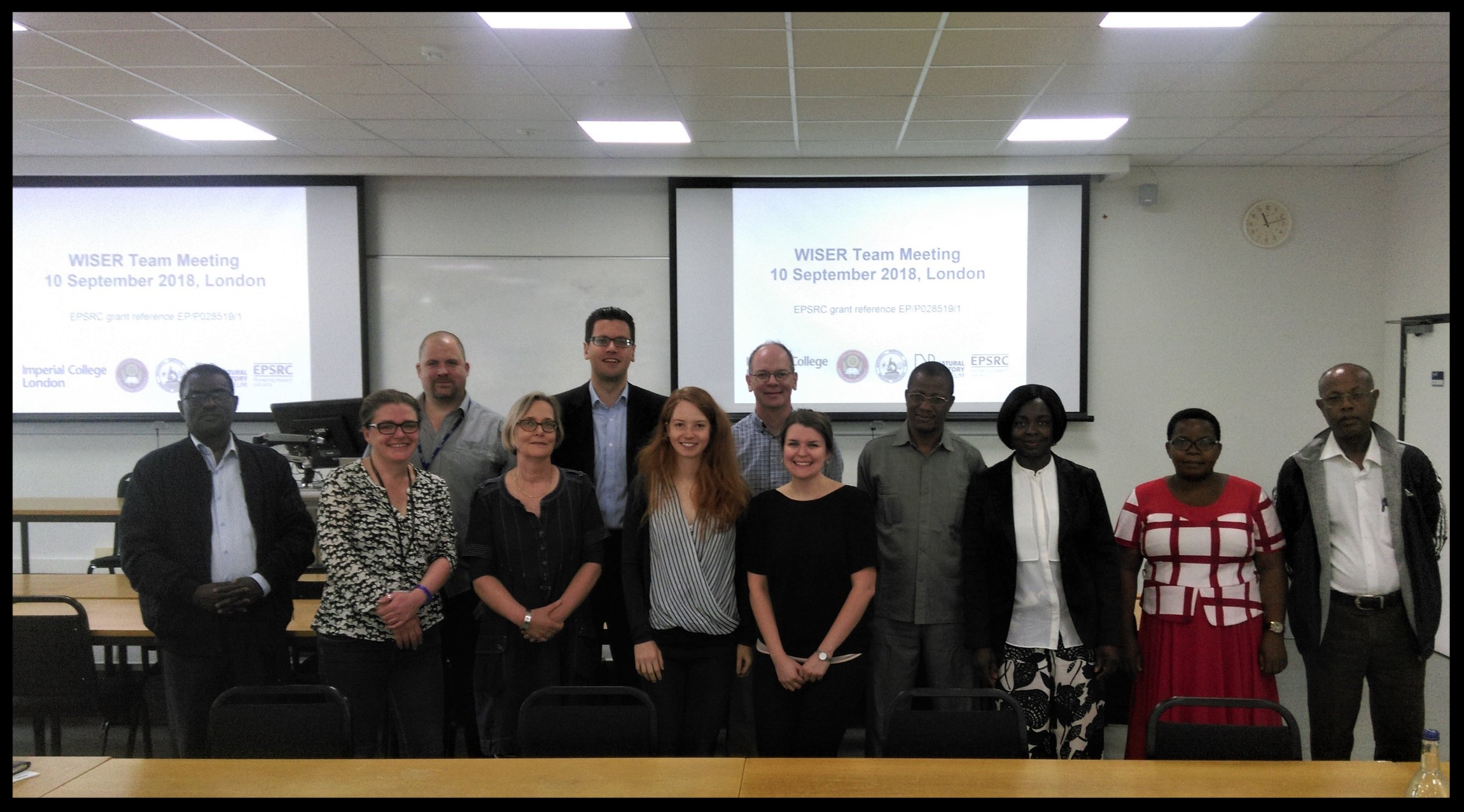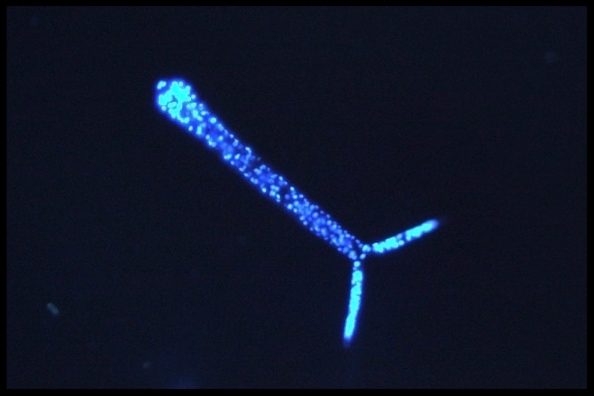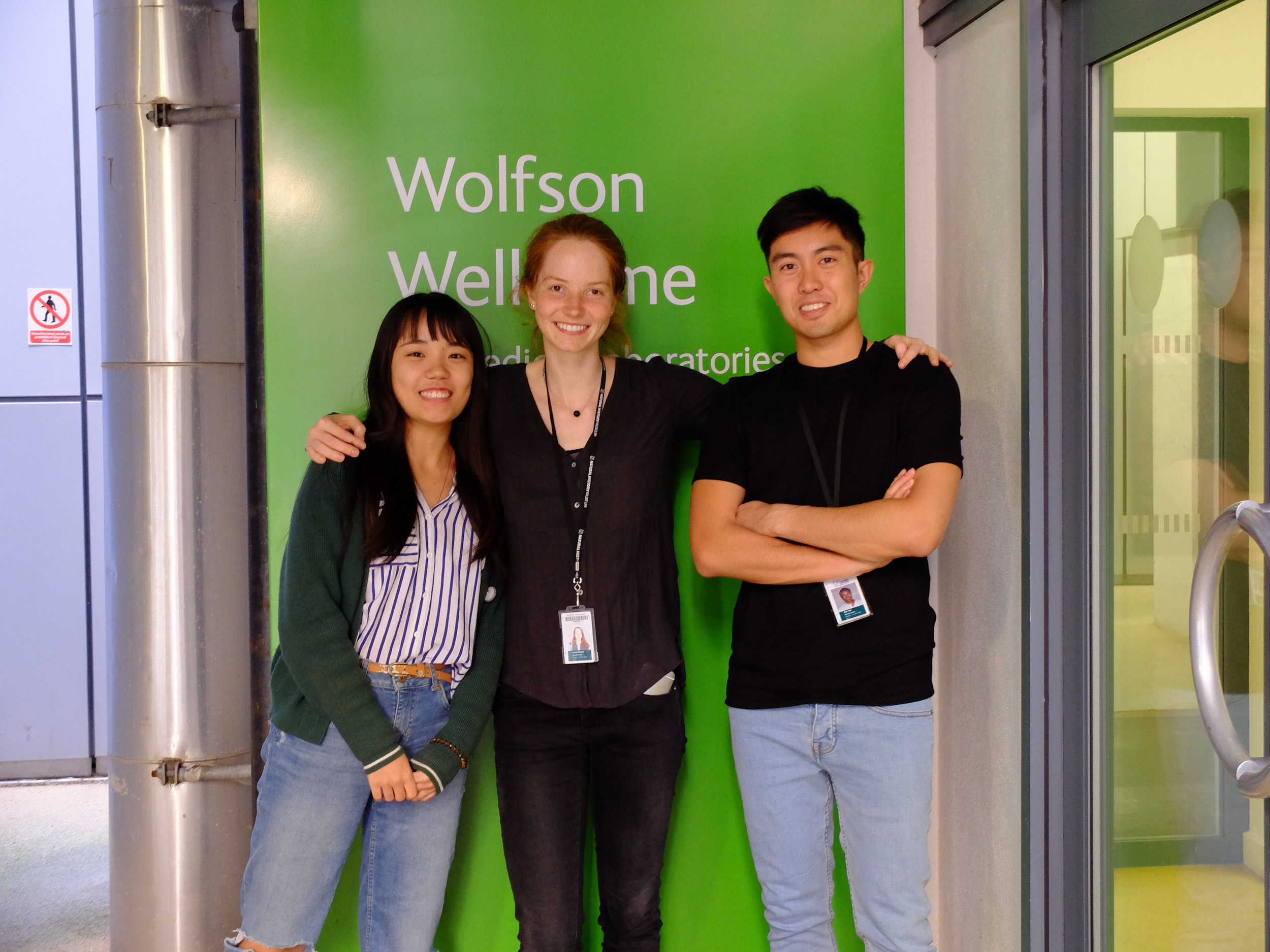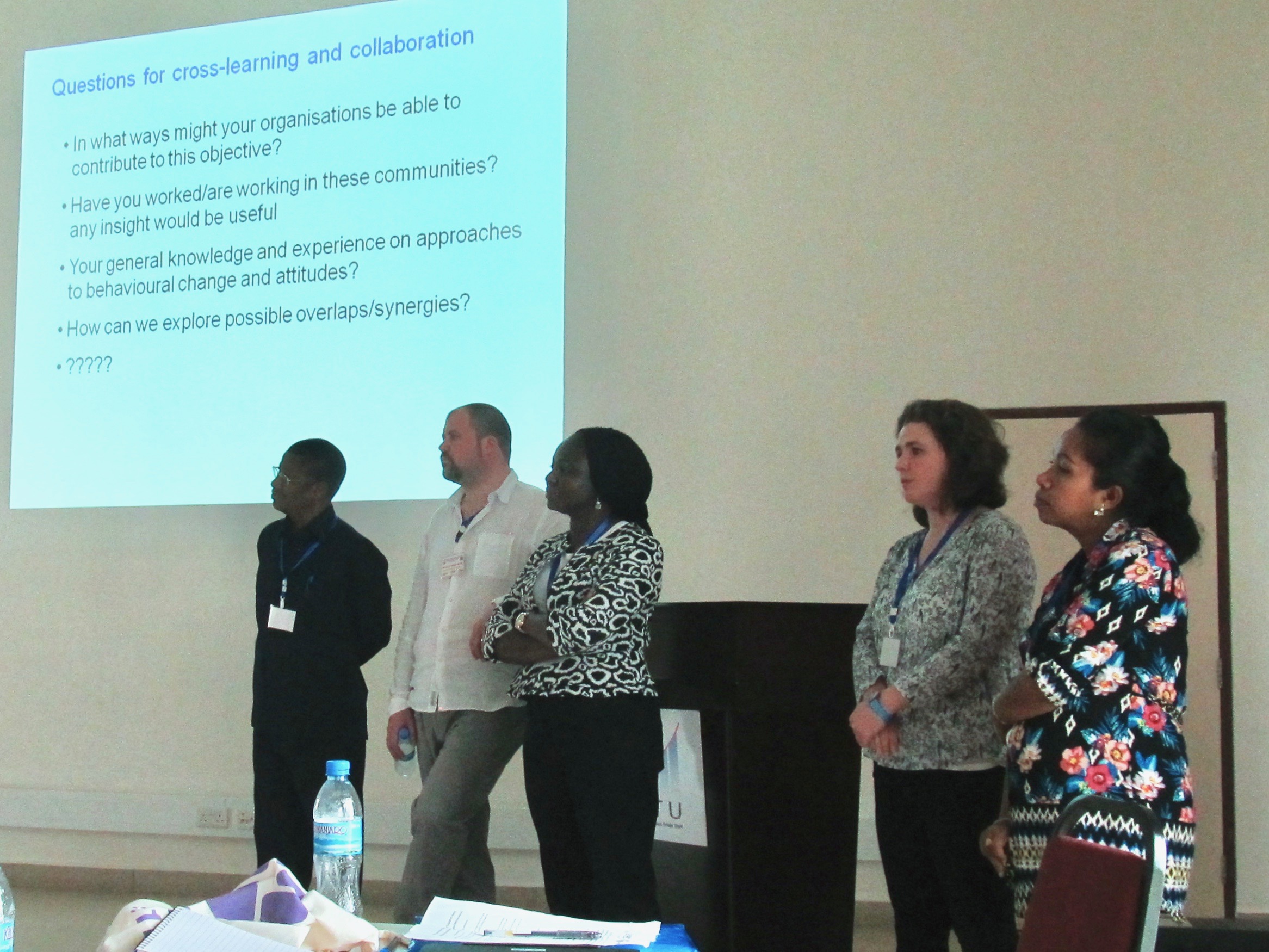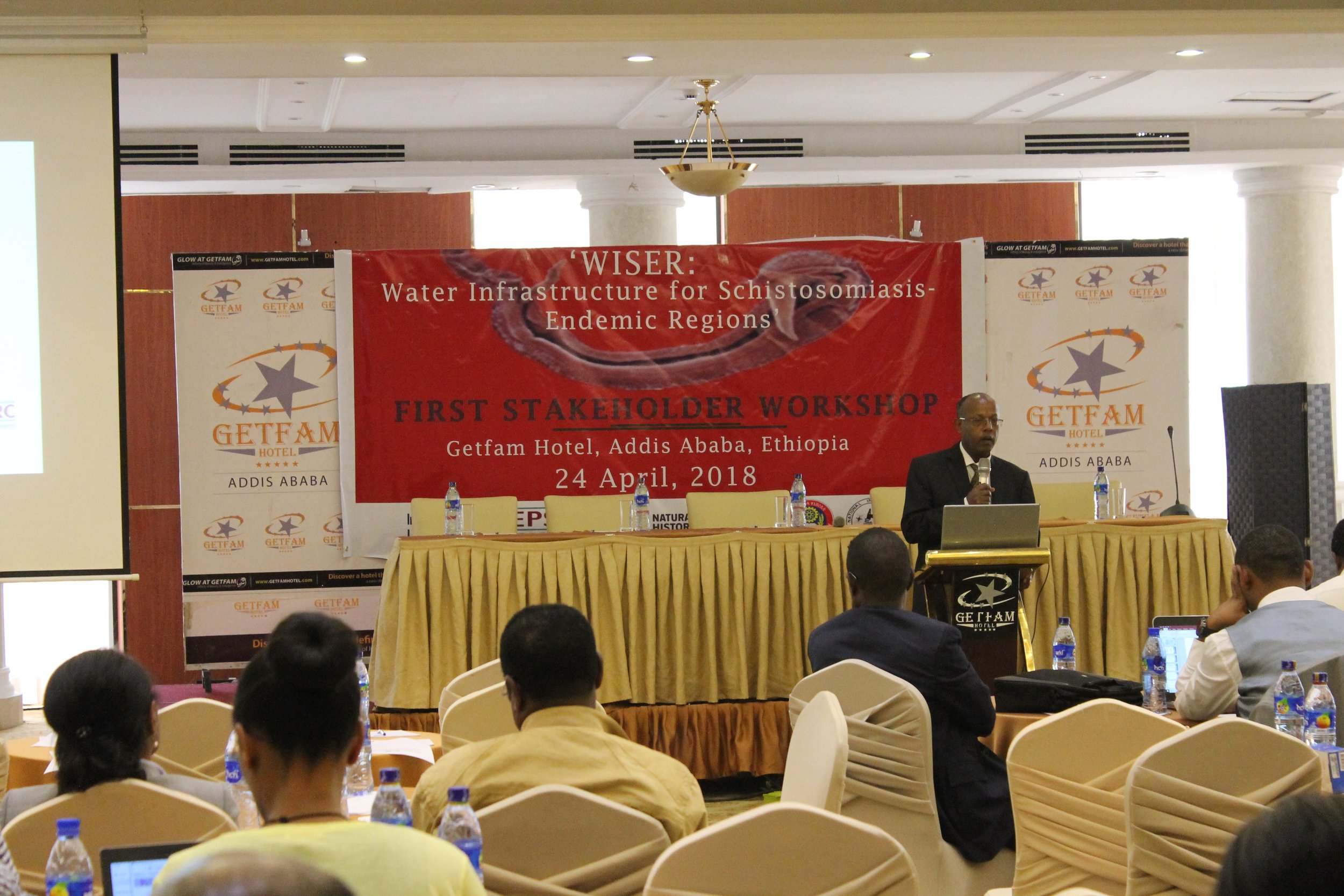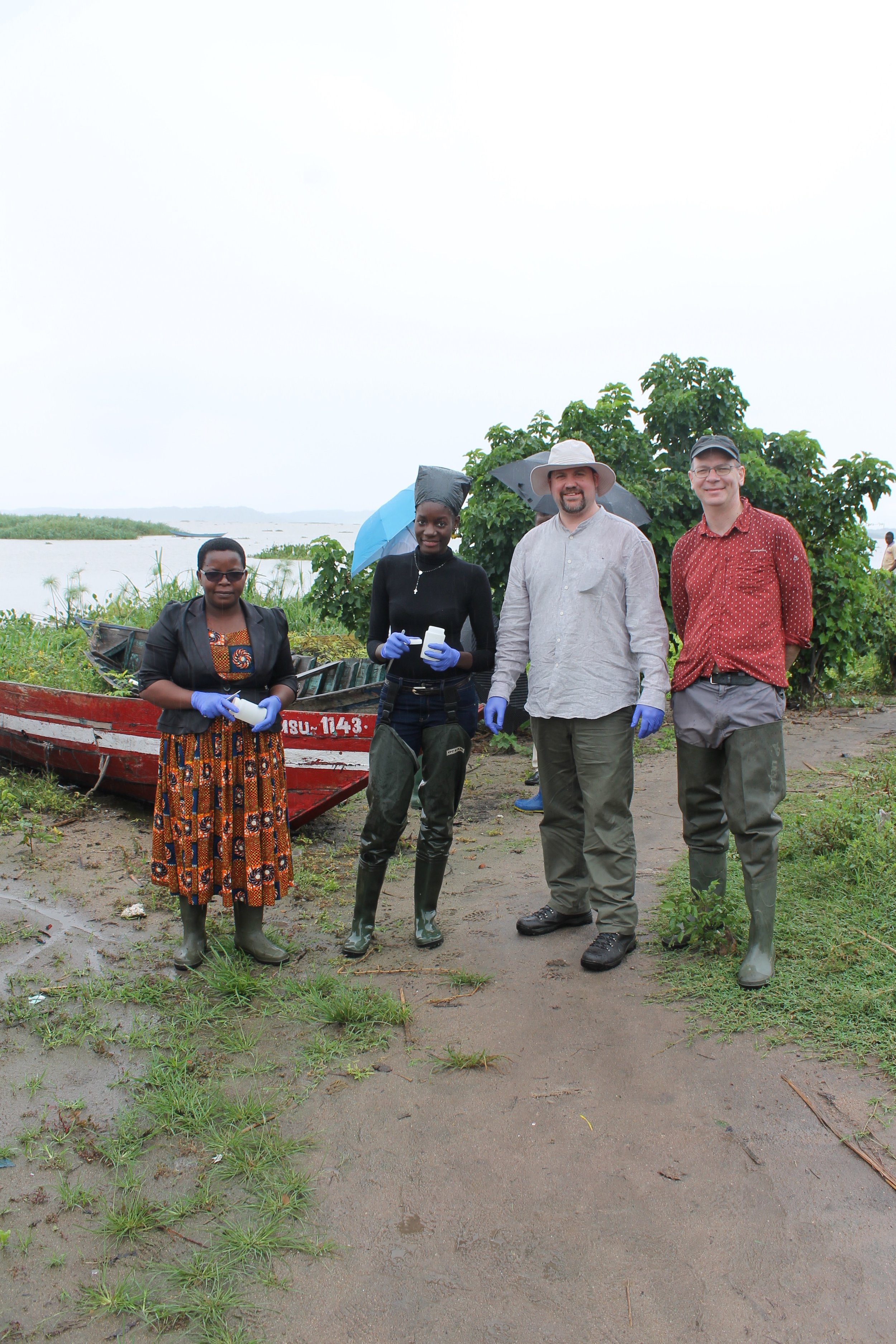20.03.2019
In February and March 2019, the Imperial College London team together with colleagues from AAU Ethiopia and NIMR Tanzania took part in three WISER theatre-based workshops and snail collection activities in the field. Two final year undergraduate students from Imperial College London, Emma Bewley and Shiyong Liu (Ottilie) joined in the fieldwork in Tanzania.
The theatre-based workshop aimed to explore ideas around schistosomiasis, risky behaviour, water contact and alternative water supply using acting as a tool to reduce behaviours that cause schistosomiasis. It was led by Acting for Health. One 4-day theatre workshop was held in Kemise, Ethiopia (11-14 February 2019) and two 5-day workshops took place in two villages, Mwakalima (18-22 February 2019) and Kigongo (25 February-1 March 2019) in Tanzania. Participants included community representatives, occupationally exposed people (e.g. fishermen, paddy farmers and horse cart men), health workers, local authority workers, regional and national government representatives, and children (11-17 years old). The Acting for Health methodology involves creating awareness, developing complexes and solutions relating to the schistosomiasis life cycle, health, avoidance of water contact, use of alternative water supplies and improved sanitation. The findings from the complexes and solutions were developed into sketches which were turned into scenes, and the characters were created from among the cohort of participants. Each scene carried relevant messages and was rehearsed. It was then performed for a broad audience from the local community at the end of the last day of the workshop and filmed. The film from Mwakalima was shown in two other communities, Chole and Nyangholongo on the 24th of February 2019. Fifty-six participants were involved in the three workshops and over 750 people including children, watched the final performance of the play. Over 200 people watched the film. Questionnaires were conducted before and immediately after the performances, to measure the changes in perceptions and understanding of both the theatre participants and audience members, and this data is now being analysed.
Also, the snail collection team took samples from sites with shedding snails in Mwakalima, and further analysis was carried out in the NIMR laboratory.


